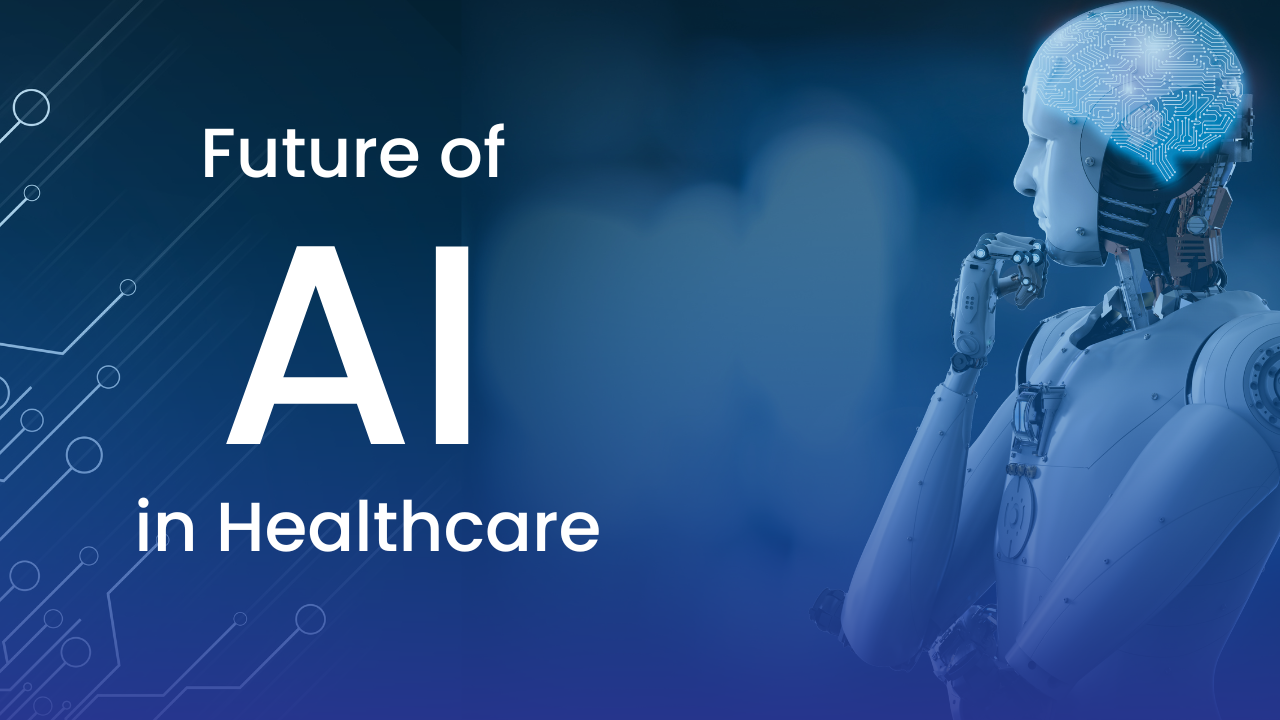
Understanding the applications of AI in Healthcare:
Enhanced Diagnostics and Treatment Planning
AI algorithms have worldwide recognition due to their ability to analyze vast collections of clinical data within a very short time and with extreme accuracy, leading to the reconstruction of diagnostics in the healthcare sphere. Through careful digging into complex data sets, AI is able to uncover patterns which could remain invisible to standard methods of observation, thereby providing healthcare professionals with better equipped to make more accurate and time-effective diagnoses (Sharma, 2021). Notably, AI's capability is not limited to treatment planning, it also provides personalized suggestions based on the differences in patients' detailed medical history and genetics. Such healthcare personalization by AI not only ensures better treatments but also possesses a proprietary understanding of complex medical information with the most advanced efficiency.

Predictive Analytics and Disease Prevention
AI's ability to use predictive analytics enables healthcare providers to respond to and prevent potential health problems in advance. Through the analysis of patient data, IA algorithms can easily identify people who have a habit or tendency to the specific medical disorders that pave the way for early treatment and precise preventive processes (Sharma 2021).
The implementation of this preventive healthcare strategy, however, could serve not only to increase life expectancy but also contribute to the decrease in future healthcare degrees, which is the result of avoiding needlessly rising expenditures owing to the treatment of already existing illnesses or complications.
Remote Patient Monitoring and Telemedicine
AI technology's continuously improving intelligence is the driving force behind the expansion of telemedicine and remote patient monitoring, which is developing at a rapid pace. Led by wearable devices and IoT sensors, AI-filled systems help in the regular monitoring of patient's vital signs and quick reactions to anomalies which appear in real-time. This ability allows healthcare professionals not only to remotely follow up and monitor the health conditions of the patients and intervene in a timely manner to avoid unnecessary hospital visits but also to make it more convenient for patients.
The incorporation of AI in health monitoring systems is considered to be a giant stride in the medical field that has never been seen before. With the help of AI, healthcare is delivered in a more responsive and accessible way; at the same time, the patient's care results are being optimized on a higher level.
Reference
Sharma, A. (2021). Artificial intelligence in health care. International Journal of Humanities, Arts, Medicine and Science, 5(1), 106-109.


